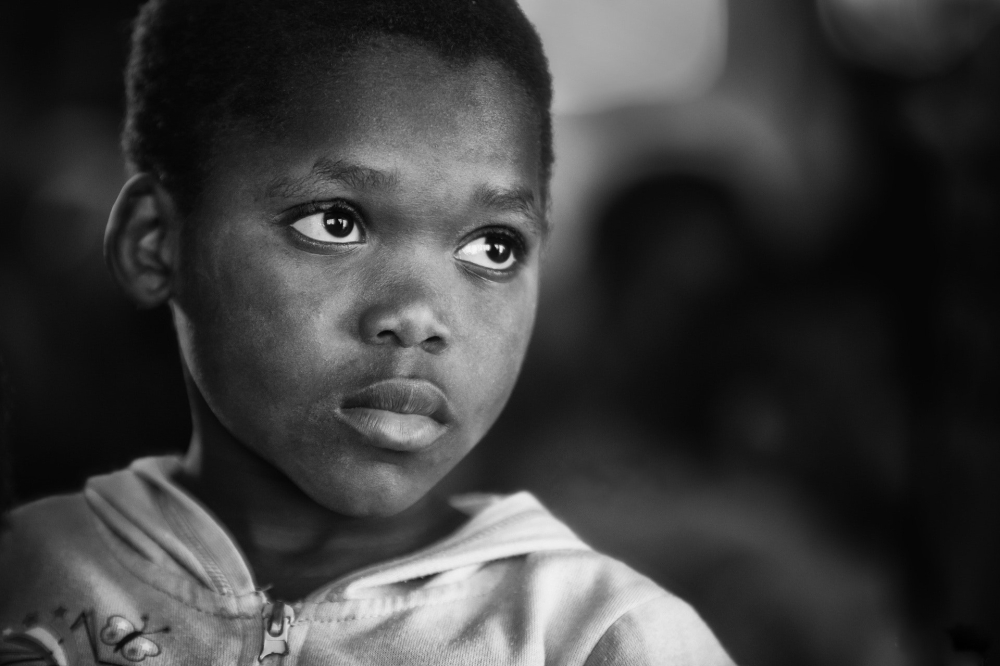Eradication of poverty in the spotlight
Coalition visits kindergarten
Children suffer the worst from poverty, according to proponents of a basic income allowance.
World Day for the Eradication of Poverty, established in 1987 by the United Nations (UN), was celebrated in Windhoek on Monday.The Basic Income Grant (BIG) coalition took the opportunity to visit the D.I.C. Havana Kindergarten.
According to the coalition's spokesperson, Rinaani Musutua, poverty is a huge problem in Namibia, which especially affects children. “World Day for the Eradication of Poverty is a day set apart to highlight the issue of poverty and that we can remind those we call our rulers, or our elected leaders, to take poverty seriously,” she said.
“Children are mostly affected by poverty,” she said about the reason they visited the kindergarten. “It was also to create awareness among the community for a solution. The solution is a universal basic income allowance,” she said.
The Namibian Tax Consortium (NamTax), a commission appointed by government, made the proposal for a basic income allowance for Namibia in 2002. The consortium was asked to review the current tax system in Namibia. The proposal for a basic income allowance is part of their recommendations to redistribute income in the country.
The experts’ research showed after six months that too many Namibians spend too little monthly, which limits the taxpayer base.
Politicians have rejected the idea of a universal allowance since its inception as they say it would make Namibians lazy and be detrimental to the economy.
Church organisations then took up the challenge and together with civil organisations and other stakeholders founded the coalition, which still calls for a non-discriminatory allowance to combat poverty.
Adjusted allowance
Government recently announced that beneficiaries of the Food Bank will now receive cash instead. They describe it as an adjusted income allowance that will target poor urban residents.
BIG proposes that every citizen between the ages of 18 and 65 receives a universal allowance of N$500 per month, per person.
Musutua believes government is in a position to apply BIG.
“Namibia is a rich country and it can work if the resources are managed correctly. Namibia also suffers from corruption, and that money could have been used to eradicate poverty,” she said.
“We believe that the country definitely has enough money, but it is wasted and only enjoyed by a few. There is no fair distribution of resources.”
Questions about this, and about World Day for the Eradication of Poverty in general, were sent to the ministry in the presidency responsible for gender equality, poverty eradication and social welfare on Monday.
In a statement earlier this week, the presidency expanded on what government under the leadership of Pres. Hage Geingob has done since 2015 to alleviate poverty, such as increasing the old-age pension from N$600 per month to the N$1 200 that is currently paid to around 180 000 people over the age of 60.
However, according to the presidency, the approach to poverty eradication must be multi-disciplinary in nature due to the complexity of the problem. – [email protected]



